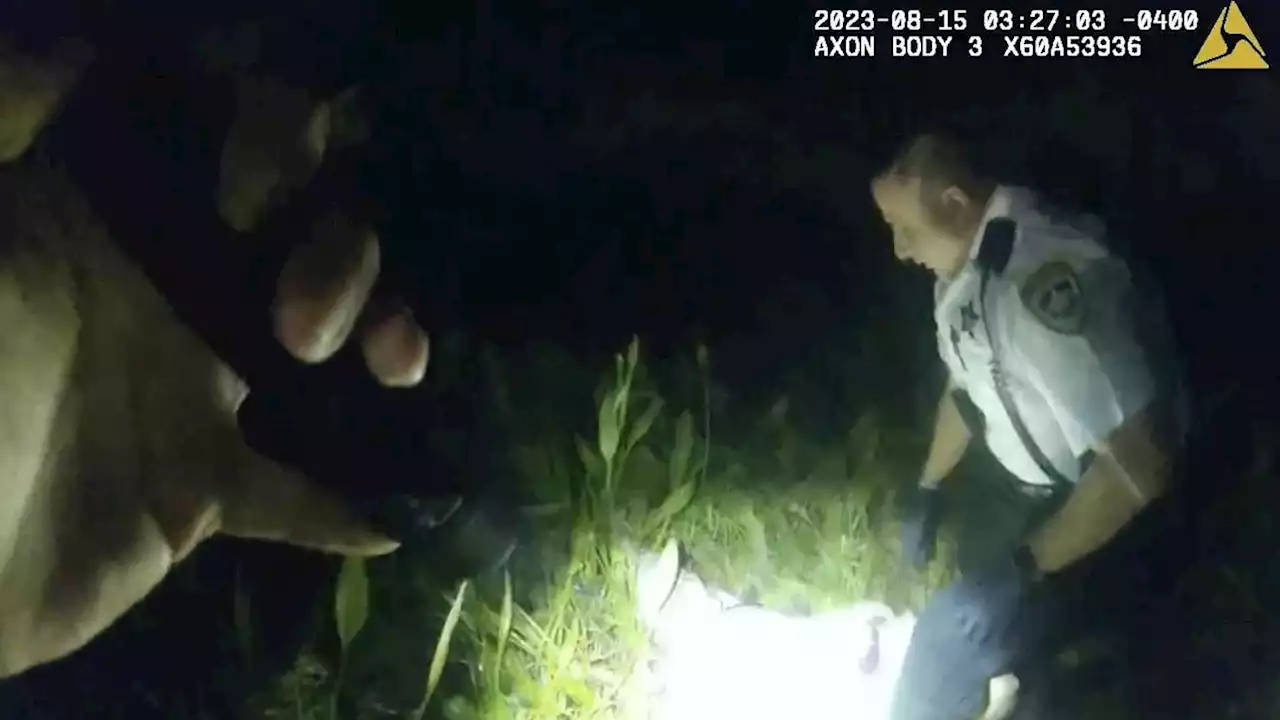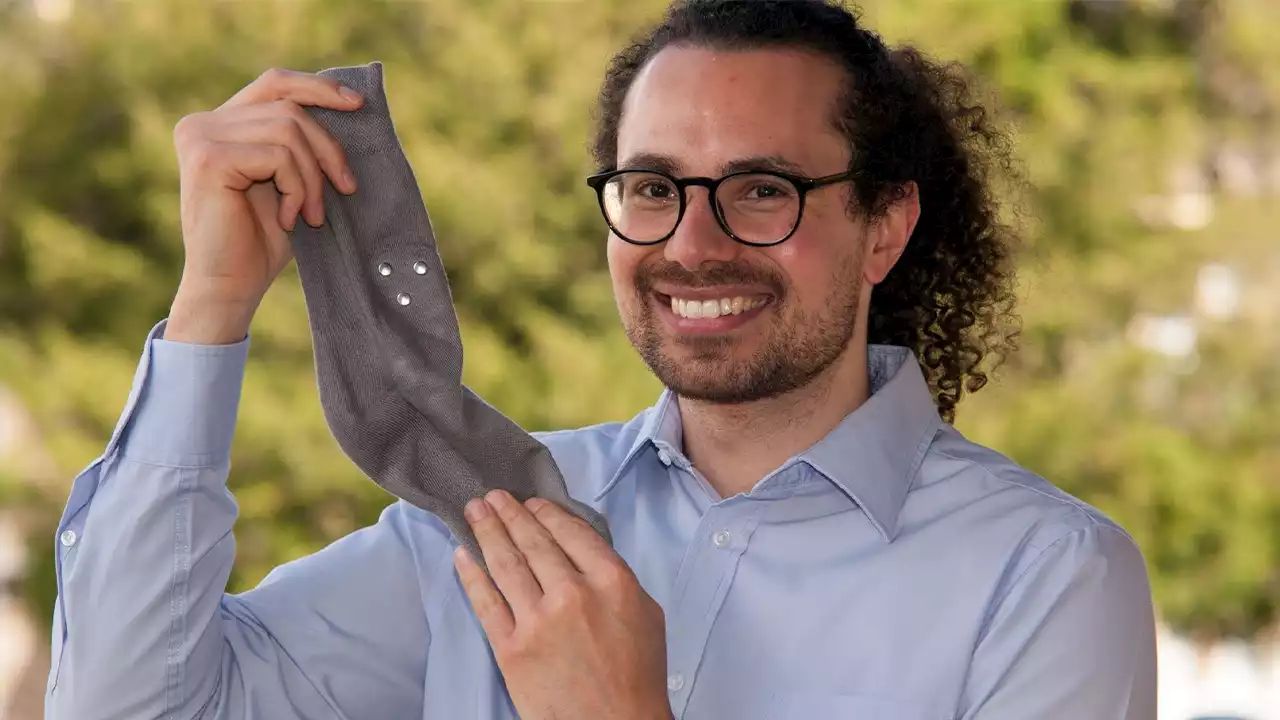When criminal behavior overlaps with degenerative cognitive disease, the justice system often falters
David Rothman delivered his last baby in 2003 and shut down his obstetrics practice at the age of 62. A couple of years later he became the medical director of a newly opened clinic, called Medcore, that specialized in HIV care.
Shortly before the jury was set to assemble, Rothman's attorney filed a motion stating that his client was incompetent to stand trial. Five months before his arrest, Rothman had been diagnosed with Alzheimer's disease. The legal process that followed would last 11 years—a costly demonstration of just how unprepared the criminal justice system is to handle people with dementia.
Not everyone with dementia steals or runs red lights, of course, but it appears that people with this diagnosis are more susceptible to criminal behavior. It's difficult to determine just how often the police are called to intervene in dementia-driven behavior, but one way to look at it is through fbi data. More than 100,000 people older than 65 were arrested in 2019, a number that represents about 0.18 percent of all people older than 65 in the U.S. For comparison, 8.
If the police realize that the suspect they've just arrested has Alzheimer's, they have nowhere to bring that person besides the nearest precinct or emergency room. The attorneys Arias interviewed recognized that jails and prisons aren't clinically appropriate, because simply being in unfamiliar places and situations can be harmful to people with dementia. Offenders without caregivers may be best served by placement at a long-term care facility, but often they cannot afford it.
Raquel immediately contacted her dad's former fraternity brother, Joel Hirschhorn, A 1995 New Yorker story described Hirschhorn as a white-collar defense attorney who had formerly defended drug dealers in 1980s Miami. The two men had run into each other occasionally since college, but it had been many years since the last time. When Hirschhorn met with Rothman, he seemed “disheveled and depressed,” nothing like the sharp student he'd remembered.
To determine whether a defendant meets the Dusky standards of competency, the court appoints an expert to conduct a forensic evaluation. These investigations use the same tools that a doctor would use to check for cognitive impairment. First come biological tests to rule out other causes of dementia, such as vitamin deficiencies, HIV and urinary tract infections, all of which are curable, which means the comprehension issues are resolvable.
When Hirschhorn requested a competency evaluation for Rothman, the judge appointed a local neuropsychologist, Enrique Suarez, to conduct it. Suarez gave Rothman four cognitive tests over two days in February 2009 and noticed some peculiarities that didn't match a typical Alzheimer's patient. For example, Rothman's recall was better than his recognition.
Detecting that someone is malingering is not an exact science. Evaluators often get it wrong. Gigante-style fakes are rare. “People can be mentally ill and malingering; they can be demented and exaggerate,” says Rory Houghtalen, a forensic psychiatrist who consults on criminal legal cases in New York State. “You gotta be real careful about throwing the m-word around.”
The jury found Rothman guilty on all five counts against him, and the prosecution requested that he spend 135 months in prison. Rothman posted the $500,000 bond and remained under house arrest until the sentencing hearing in June. That means that a defendant with Alzheimer's will undergo a restoration process that is doomed to fail. They typically end up committed to the hospital for longer periods than people who have more treatable psychiatric conditions, explains Yale University psychiatrist Tobias Wasser, a former chief medical officer at a forensic psychiatric hospital.
In the U.C.S.F. study that identified high rates of criminal behavior among people with dementia, those rates were highest among the subset of patients with FTD: 64 of 171 patients, or 37 percent. “Patients with FTD can commit criminal violations while retaining the ability to know the moral rules and conventions,” Mendez wrote in a 2011 paper describing the predilection of people with FTD to break the law.
By this time, Rothman's wife had filed for divorce. Raquel Rothman relocated her father to an assisted living facility in Miami, which he could leave only with a member of the staff or his family. She was ordered to call her father's probation officer every week to confirm that he was at the facility and complying with the restrictions on his whereabouts. “I had two alarms on my phone for 10 years to make sure I didn't miss a single phone call,” Raquel says.
United States Latest News, United States Headlines
Similar News:You can also read news stories similar to this one that we have collected from other news sources.
 People In Their 30s Are Sharing Habits People In Their 20s Should Leave Behind'Nobody thinks that shit is funny or cute in your 30s.'
People In Their 30s Are Sharing Habits People In Their 20s Should Leave Behind'Nobody thinks that shit is funny or cute in your 30s.'
Read more »
 Air Pollution Linked to Higher Dementia Risk: StudyAbout 188,000 new dementia cases annually may be linked to air pollution, according to new research from the University of Michigan. Older people who live in places with high levels of agricultural or wildfire air pollution are at a particularly higher risk.
Air Pollution Linked to Higher Dementia Risk: StudyAbout 188,000 new dementia cases annually may be linked to air pollution, according to new research from the University of Michigan. Older people who live in places with high levels of agricultural or wildfire air pollution are at a particularly higher risk.
Read more »
 Bruce Willis' Wife Emma Heming 'Not Okay' Amid Actor's Dementia BattleEmma Heming opens up about the difficulties of caring for her husband, Bruce Willis, amid his ongoing battle with dementia. The model took to Instagram after asking fellow 'care partners' to send her photos of 'something beautiful' in their otherwise 'hard, stressful' days. In a video taken in her car, Emma says, 'I don’t want it to be misconstrued that I’m good, 'cause I’m not. I’m not good.'
Bruce Willis' Wife Emma Heming 'Not Okay' Amid Actor's Dementia BattleEmma Heming opens up about the difficulties of caring for her husband, Bruce Willis, amid his ongoing battle with dementia. The model took to Instagram after asking fellow 'care partners' to send her photos of 'something beautiful' in their otherwise 'hard, stressful' days. In a video taken in her car, Emma says, 'I don’t want it to be misconstrued that I’m good, 'cause I’m not. I’m not good.'
Read more »
 Florida deputies rescue 80-year-old man with dementia from marshThe man was found in a marshy area by deputies.
Florida deputies rescue 80-year-old man with dementia from marshThe man was found in a marshy area by deputies.
Read more »
 This Mental Health Issue Could Double Dementia Risk, Research ShowsAnother reason to prioritize mental health support.
This Mental Health Issue Could Double Dementia Risk, Research ShowsAnother reason to prioritize mental health support.
Read more »
 Artificial intelligence steps in to assist dementia patients with high-tech apparelU.K.-based start-up SmartSocks has developed hosiery that can monitor a dementia patient's heart rate, motion and sweat levels with AI and alert caregivers to potential problems.
Artificial intelligence steps in to assist dementia patients with high-tech apparelU.K.-based start-up SmartSocks has developed hosiery that can monitor a dementia patient's heart rate, motion and sweat levels with AI and alert caregivers to potential problems.
Read more »
